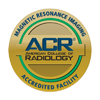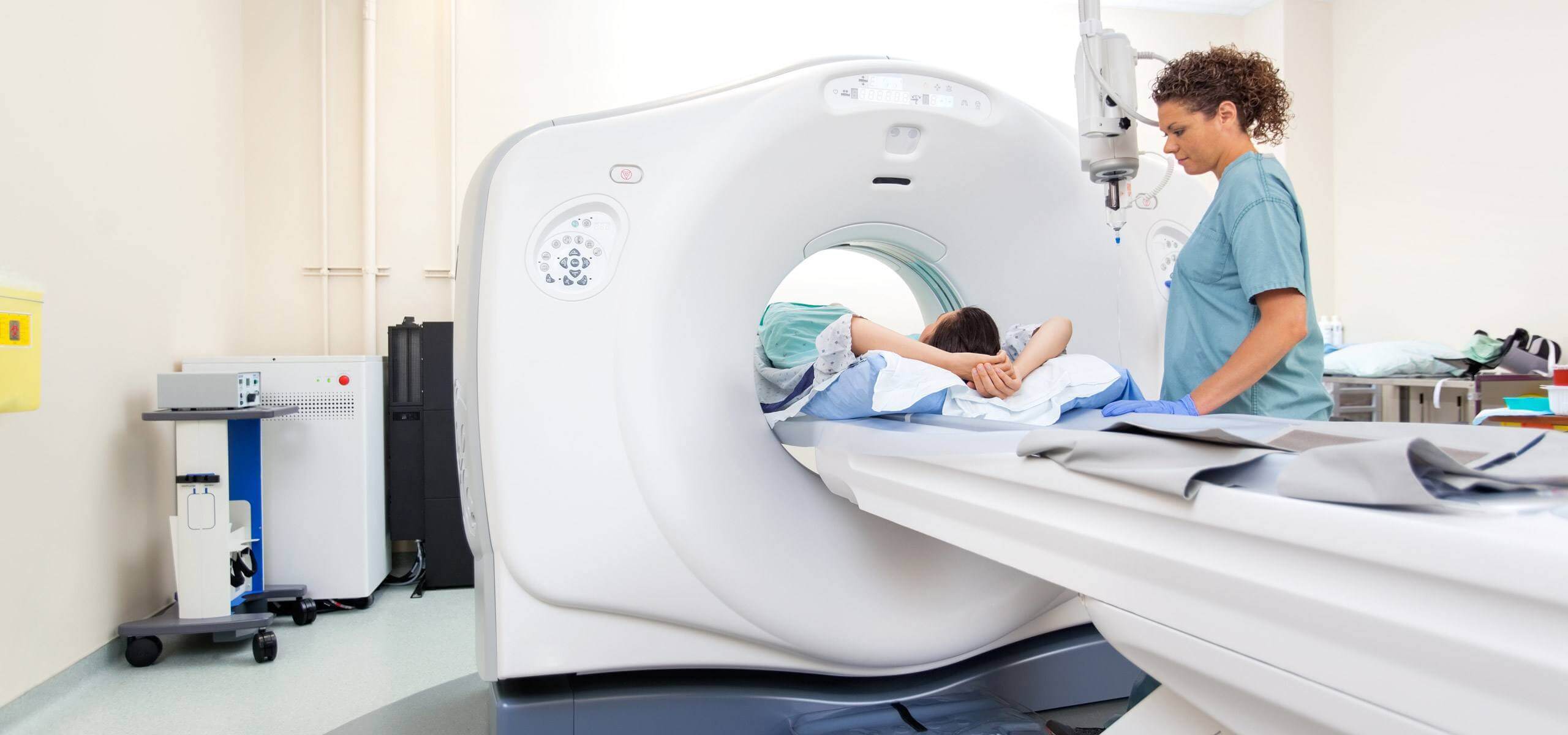About Magnetic Resonance Imaging
MRI is a non-invasive imaging technology that produces three dimensional detailed anatomical images without the use of damaging radiation. It is often used for disease detection, diagnosis, and treatment monitoring. It is based on sophisticated technology that excites and detects the change in the direction of the rotational axis of protons found in the water that makes up living tissues.
During the scan, you lie on a table that slides inside a tunnel-shaped machine. Doing the scan can take a long time, and you must stay still. The scan is painless. The MRI machine makes a lot of noise. The technician may offer you earplugs.
Before You Get An MRI Scan
tell your doctor if:
- Are pregnant or think you could be pregnant
- Have pieces of metal in your body. You might have metal in your body if you have a shrapnel or bullet injury or if you are a welder.
- Have metal or electronic devices in your body, such as a cardiac pacemaker or a metal artificial joint.
- If you are claustrophobic – Hackensack Radiology Center offers an OPEN MRI which helps patients avoid a closed-in feeling
More About Magnetic Resonance Imaging
The U.S. Food and Drug Administration defines Magnetic Resonance Imaging (MRI) as a medical imaging procedure for making images of the internal structures of the body. MRI scanners use strong magnetic fields and radio waves (radiofrequency energy) to make images. The signal in an MR image comes mainly from the protons in fat and water molecules in the body. During an MRI exam, an electric current is passed through coiled wires to create a temporary magnetic field in a patient’s body. Radio waves are sent from and received by a transmitter/receiver in the machine, and these signals are used to make digital images of the scanned area of the body. A typical MRI scan last from 20 – 90 minutes, depending on the part of the body being imaged.
For some MRI exams, intravenous (IV) drugs, such as gadolinium-based contrast agents (GBCAs) are used to change the contrast of the MR image. Gadolinium-based contrast agents are rare earth metals that are usually given through an IV in the arm.






